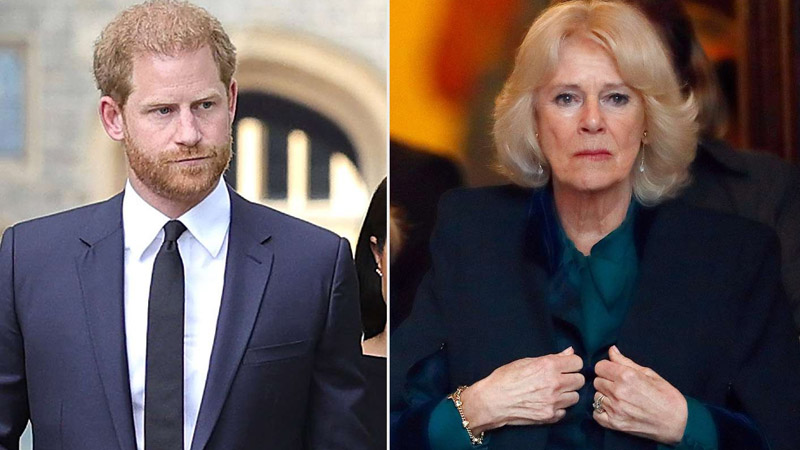Queen Camilla marked a special literary milestone this week with a visit to the Charles Dickens Museum in London, celebrating 100 years since the historic house first opened to the public in 1925.
The official Royal Family account shared a video from the engagement, showcasing the Queen’s visit to the author’s former residence. The caption read: “Celebrating 100 years since the opening of @DickensMuseum!”
In a follow-up statement, Buckingham Palace highlighted the museum’s remarkable legacy. “The museum contains the world’s most comprehensive collection of Dickens’ material, with a collection of more than 100,000 items,” the Palace noted.
During her visit, Queen Camilla was treated to special literary readings by two of the museum’s patrons—renowned actors Miriam Margolyes and Simon Callow. The pair read excerpts from Charles Dickens’ personal letters, offering the Queen and attendees an intimate glimpse into the life and mind of one of Britain’s most celebrated authors.
Camilla, a known advocate for literacy and patron of several literary organizations, appeared in high spirits as she toured the rooms once occupied by Dickens and his family. The museum, located at 48 Doughty Street, is the only surviving London residence of the Victorian novelist and houses thousands of manuscripts, personal items, and rare editions of his works.
The Queen’s visit is part of a wider celebration marking a century since the house was first opened to the public, preserving the legacy of Dickens and continuing to educate and inspire generations of readers.
Meanwhile, Queen Camilla’s engagement comes just hours after another significant announcement from within the royal family. Prince Harry, the Duke of Sussex, released a statement confirming his decision to step down as patron of Sentebale, the charity he co-founded nearly two decades ago with Prince Seeiso of Lesotho.
While Prince Harry’s news drew international attention, Queen Camilla’s literary-focused visit served as a reminder of the monarchy’s enduring support for British cultural institutions.
As the museum embarks on its next century, the presence of the Queen added royal gravitas to an already significant occasion, reaffirming the importance of Charles Dickens’ enduring impact on literature and British history.

